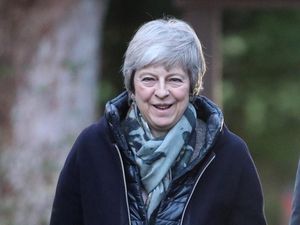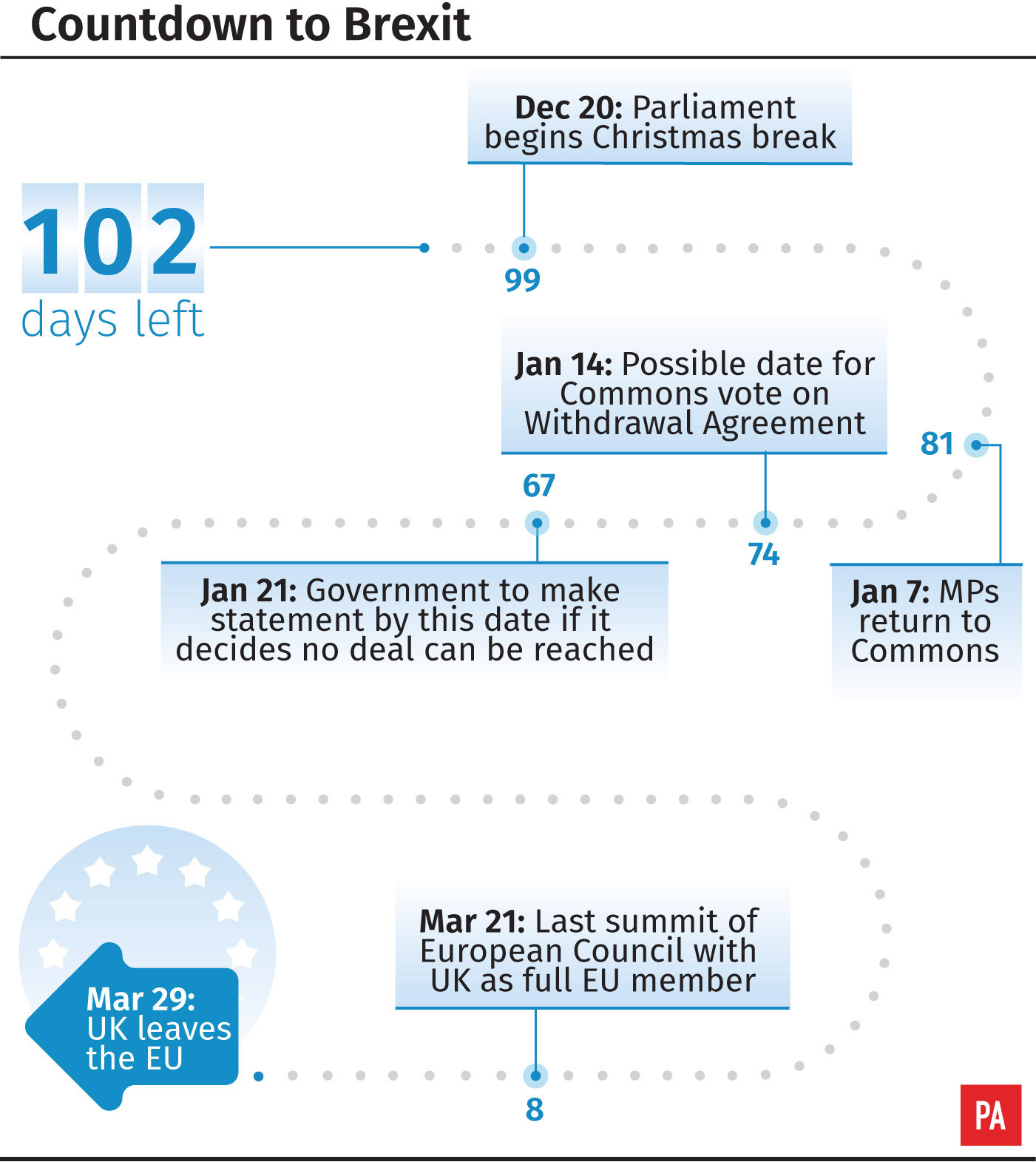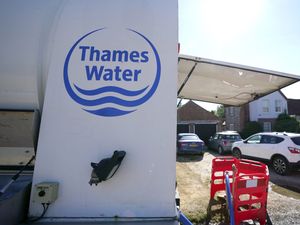Ministers moot possible vote for MPs on alternatives if May Brexit plan rejected
Greg Clark and Amber Rudd suggested a role for the Commons to find a way through the impasse if the Prime Minister’s plans are voted down.

Cabinet ministers are openly discussing how to respond to Theresa May’s Brexit deal being rejected by MPs, with the possibility of the Commons being asked to choose from a menu of alternatives in order to break the deadlock.
The Prime Minister will use a Commons appearance to condemn calls for a second Brexit referendum, but one of her closest allies said “all options” should be on the table.
Work and Pensions Secretary Amber Rudd said it would be important to find out the “will of Parliament” on how to proceed, while Business Secretary Greg Clark also appeared to back an indicative vote to find out what – if anything – MPs could support.
Meanwhile, Jeremy Corbyn heaped further pressure on Mrs May by threatening to table a motion of no confidence in the Prime Minister unless she fixes the date for the vote on her deal.
By targeting Mrs May personally, rather than tabling a motion of no confidence in the Government, Mr Corbyn’s move would not – if passed – necessarily begin the parliamentary process which could lead to a general election.
Labour hopes that by using this tactic Tory critics of the Prime Minister – including the 117 who said they had no confidence in her in last week’s internal Conservative vote – could be persuaded to support the motion.
In her Commons statement the Prime Minister will say that a new referendum would do “irreparable damage” to the integrity of British politics.
Updating MPs following a bruising EU summit in Brussels, Mrs May will say: “Let us not break faith with the British people by trying to stage another referendum.
“Another vote which would do irreparable damage to the integrity of our politics, because it would say to millions who trusted in democracy that our democracy does not deliver.
“Another vote which would likely leave us no further forward than the last.
“And another vote which would further divide our country at the very moment we should be working to unite it.”
The appearance follows Mrs May’s de facto deputy, Cabinet Office Minister David Lidington, and the PM’s chief of staff, Gavin Barwell, both dismissing reports that they are planning for a new referendum.
The Prime Minister delayed a Commons vote on her deal this month while she sought further reassurances from the EU which could make it more acceptable to hostile MPs.
Mr Clark suggested that Parliament should be “invited to say what it would agree with” if MPs vote down the Prime Minister’s Brexit deal.
Asked whether he was tempted to give MPs a range of options to vote on, he told BBC Radio 4’s Today programme: “I think, obviously, it’s important, once the Prime Minister has finished her negotiations with other European leaders and the Commission, that Parliament votes on that.
“If that were not to be successful, we do need to have agreement – we can’t just have continuing uncertainty, and I think Parliament should be invited to say what it would agree with, and that’s something that I think businesses up and down the country would expect elected members to take responsibility, rather than just be critics.”
But he cautioned against a second referendum, saying it would “continue the uncertainty for many more months”.
Ms Rudd told reporters that she hoped the Prime Minister’s deal would be supported in the vote expected in January.
But she added: “After that we need to find out where the will of Parliament is, where the majority of MPs will vote in Parliament and nothing should be off the table, we should consider all options.”
She has previously suggested that a Norway-plus deal, with the UK in both a customs union and the single market, could be a “plausible” alternative.

Mrs May’s official spokesman later told a Westminster media briefing that there were “no plans” to stage an indicative vote on a range of Brexit options, but did not definitively rule the option out.
He said that all Cabinet ministers who have spoken publicly on Brexit in recent days had made clear their commitment to getting the Prime Minister’s deal through Parliament, which remains the Government’s priority.
But there was confusion over efforts to secure further guarantees over the controversial Northern Irish backstop measure designed to prevent a hard border with Ireland.
Downing Street said talks by officials were continuing “at all levels” to seek further clarification and assurances on the terms of the existing deal – and particularly the nature of the proposed backstop – as agreed at the European Council last week.
But European Commission chief spokesman Margaritis Schinas said no further meetings between the EU and the UK to discuss the Brexit deal are expected.
He told a press conference in Brussels: “The deal that is on the table is the best and the only deal possible – we will not reopen it, it will not be renegotiated. As President Tusk said, the European Council has given the clarifications that were possible at this stage so no further meetings with the United Kingdom are foreseen.”
He added that talk of a second referendum was an “internal” matter for the UK.
Meanwhile, the BBC reported that Mrs May had turned to former prime minister David Cameron for advice on how to give MPs a “greater role” if her Brexit deal is rejected.
Mrs May’s spokesman said: “To my knowledge, I’m not aware of any advice in that way.”
Labour is insisting that Mrs May puts her Brexit deal to a vote in the Commons before Parliament rises for Christmas on Thursday.
However, the party has made it clear it will not table a motion of no confidence in the Government until such a vote has been held.
Former minister Sam Gyimah, who quit the Government over the Brexit deal, accused Mrs May of delaying the vote on her plan in order to run down the clock and prevent alternatives being considered.
The strategy was “not in the national interest”, he said, adding that “without resolution on the May plan, we are stuck, and the clock is ticking”.





